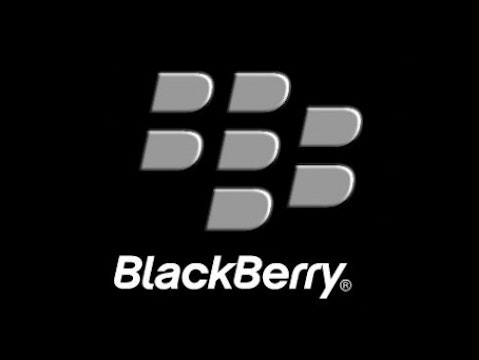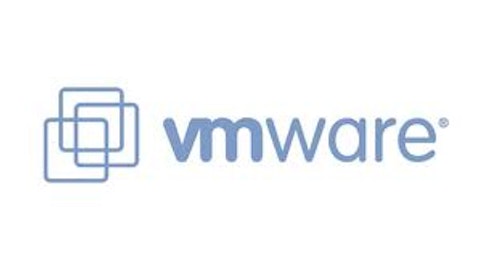With shares down more than 30% after its disappointing earnings results, Research In Motion Ltd (NASDAQ:BBRY) may face increased pressure from investors to evaluate its strategic options. Over the last few years, the company has struggled to reinvent itself and its latest effort to drive market share has also fallen short. Last quarter, the company reported that only 40% of devices sold ran the freshly minted BlackBerry 10 operating system. To make matters worse, the company is still bleeding subscribers, which is putting added pressure on its crucial subscriber revenue stream.
Ultimately, if Research In Motion Ltd (NASDAQ:BBRY) cannot drive meaningful subscriber growth in the next couple of years, it’s going to have to seriously consider its strategic options.
A possible suitor
The Indian Express is reporting that Hewlett-Packard Company (NYSE:HPQ) will be re-entering the smartphone market for another round. This time, it’s believed that HP will be embracing Google Inc (NASDAQ:GOOG) Android, which commanded a 75% market share in the first quarter, whereas Research In Motion Ltd (NASDAQ:BBRY) only commanded a 2.9% share.
While it’s certainly the cheaper and safer option for Hewlett-Packard Company (NYSE:HPQ) to adopt Android, HP’s backing and its massive worldwide sales channel could conceivably give BlackBerry a greater opportunity to drive enterprise sales. Also, enterprises may have a greater degree of confidence that any investments in Research In Motion Ltd (NASDAQ:BBRY) products and services will remain supported long-term, provided HP makes assurances that it doesn’t pull another webOS and promptly abandon ship.
Hewlett-Packard Company (NYSE:HPQ) would face the same issue that any foreign company would face when acquiring a large Canadian company, which is that regulators will want evaluate the deal from a competitive and national security standpoint. Additionally, Canadian government officials have said how they want Research In Motion Ltd (NASDAQ:BBRY) to succeed as a Canadian company, which may make it more difficult for a deal to get done, especially if BlackBerry isn’t on its last breath.
Open up!
Like Microsoft Corporation (NASDAQ:MSFT) Windows Phone 8, Research In Motion Ltd (NASDAQ:BBRY) could license its mobile operating system to outside device manufacturers in hopes that they will be able to drive market share growth. The problem with this approach is that end-user demand may prove to be tepid since BlackBerry’s market share remains low and the majority of smartphone users have already invested in an ecosystem. If BlackBerry went this route, it would likely signal that it’s exhausted a lot of other options and this is its last resort.
Invest in the future
Despite Research In Motion Ltd (NASDAQ:BBRY)’s current state of bleeding subscribers, its conservative balance sheet tactics has allowed it to amass a $3.1 billion security blanket of cash. Since the company only lost $84 million in net income last quarter, it could arguably allocate more of its nest egg toward research and development than the $358 million or 12% of revenue it allocated last quarter. For comparison, Apple Inc. (NASDAQ:AAPL) spent over $1.1 billion and Google Inc (NASDAQ:GOOG) spent over $1.8 billion in R&D last quarter. Perhaps if BlackBerry wants a seat at the big kids’ table, it ought to invest more in line with its biggest competitors.
Plenty of time
With plenty of cash on hand, Research In Motion Ltd (NASDAQ:BBRY) has bought itself the most valuable commodity of them all: time. For the time being, BlackBerry can either stay the current course, which is to release more BlackBerry 10 devices and enterprise services, or it can leisurely evaluate some of its strategic options in hopes to create long-term shareholder value. If BlackBerry 10’s fate doesn’t pan out as management expects, and the company doesn’t explore its options, it’s not going to be a pretty sight for shareholders.
The article What Are BlackBerry’s Strategic Options? originally appeared on Fool.com and is written by Steve Heller.
Fool contributor Steve Heller owns shares of Apple and Google. The Motley Fool recommends Apple and Google. The Motley Fool owns shares of Apple, Google, and Microsoft.
Copyright © 1995 – 2013 The Motley Fool, LLC. All rights reserved. The Motley Fool has a disclosure policy.





